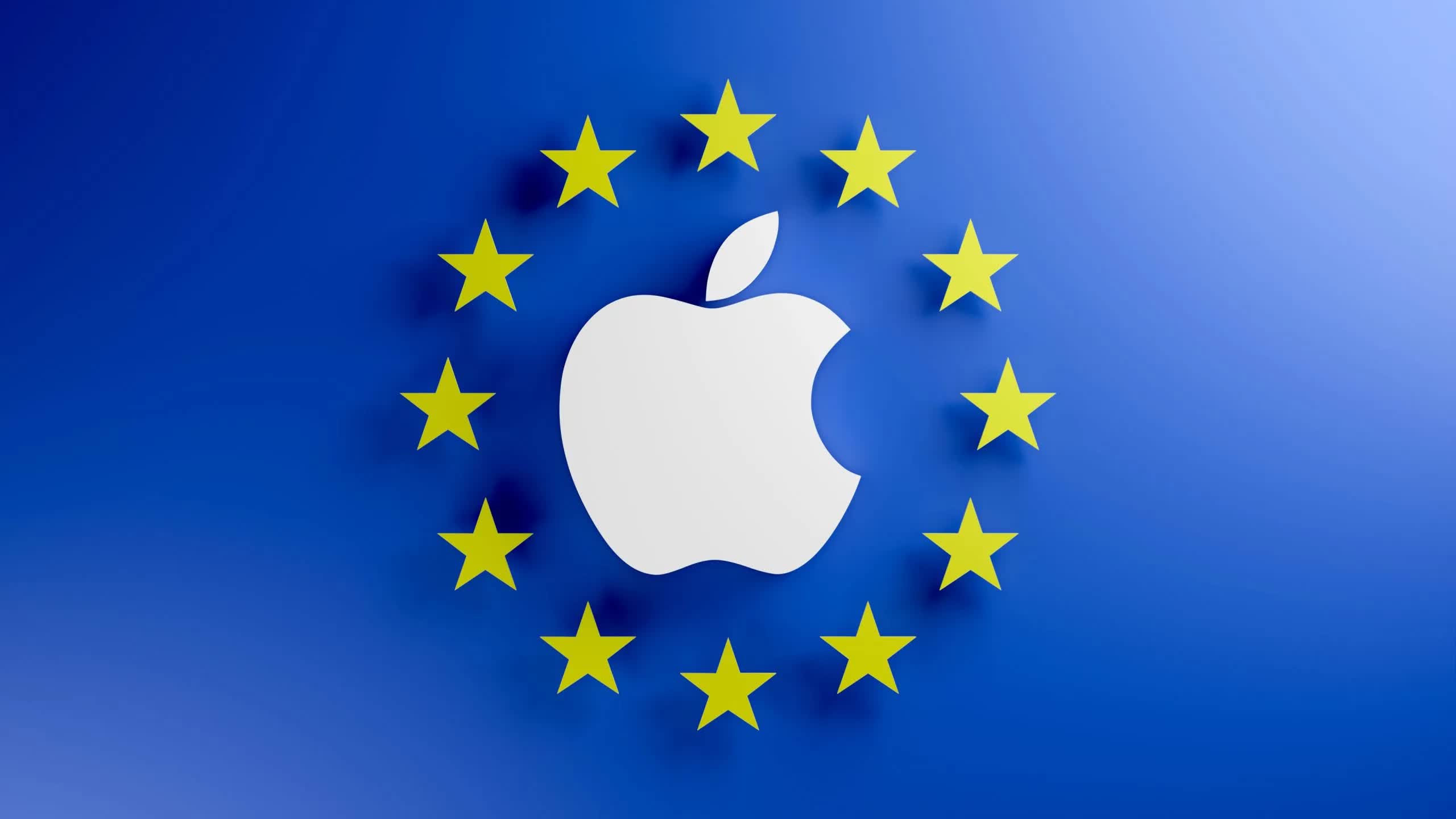


What just happened? The European Court of Justice has finally resolved one of the longest legal battles between the European Union and an American tech company. Apple has been ordered to repay a significant sum in tax credits it improperly benefited from over the past decades.
According to the European Court of Justice (ECJ), Apple will have to repay Ireland €13 billion ($14 billion) in illegal tax credits the company benefited from for years. The latest ECJ ruling brings an end to a lengthy legal battle that began in 2016, when the European Commission formally accused Apple of exploiting Ireland’s favorable tax system to avoid paying its fair share to the EU.
The ECJ statement confirms the European Commission’s 2016 decision, which found that Ireland provided Apple with unlawful tax aid. As a result, Dublin authorities are now compelled to recover billions in unpaid taxes, despite their reluctance. The Commission’s ruling covers the period from 1991 to 2014, during which Apple’s Irish subsidiaries enjoyed an exceptionally favorable tax regime.
Apple’s initial conviction was overturned by a lower ECJ court in 2020, following Ireland’s appeal of the Commission’s decision. However, the higher ECJ court has now reaffirmed that Ireland’s tax arrangements were illegal, and Apple must repay the full amount. European Commissioner for Competition Margrethe Vestager hailed the ruling as a significant victory for European citizens and a step toward a fairer tax system across the continent.
Needless to say, Apple sees the situation quite differently. “This case has never been about how much tax we pay, but which government we are required to pay it to,” Apple stated. The company emphasized that it has always paid its taxes and never sought a “special deal,” adding that the European Commission now appears to be retroactively changing the rules. According to Apple, its income is already taxed in the US, in line with international tax laws.
Recently, Apple has faced a series of setbacks in its ongoing conflict with European regulators. Brussels is preparing to fine the company for violating the Digital Markets Act, and a second investigation could result in an additional, staggering $76 billion fine. While Apple is reportedly trying to loosen some of the restrictions tied to its iOS walled garden, European authorities are ramping up their crackdown on Big Tech like never before.
Tove Maria Ryding, from the European Network on Debt and Development, sees the ECJ’s decision as a positive first step. Europe’s tax problem is more than just one “rotten apple,'” Ryding remarked, noting that the ruling highlights the chaotic and unfair state of the corporate tax system in Europe. “What we urgently need is a fundamental reform that can deliver a tax system that is fair, effective, transparent, and predictable,” she added.